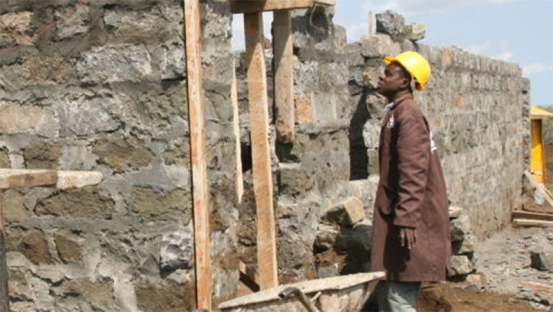×
The Standard e-Paper
Stay Informed, Even Offline

Most people aspire to build their own houses, because building offers great flexibility to choose the design, materials, finishing, quality of workmanship and size.